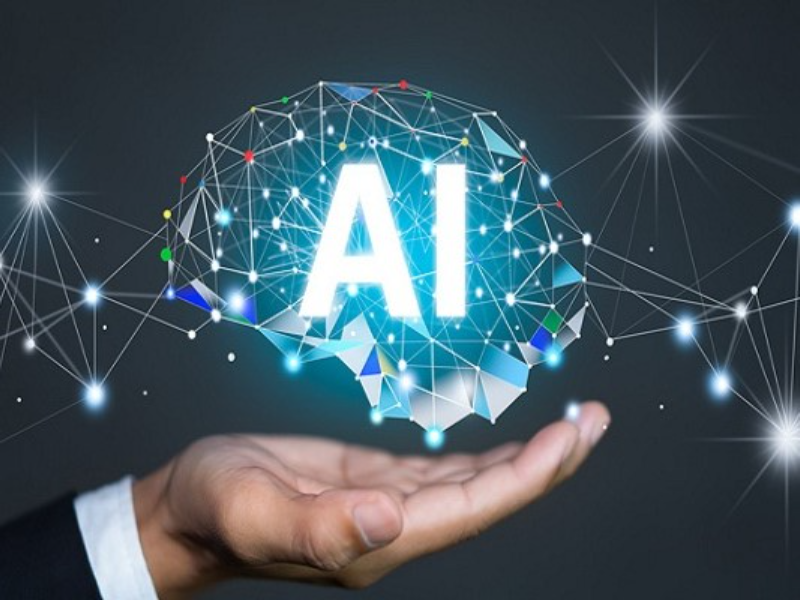- The acceleration of AI development is fuelled by a computational revolution and the proliferation of big data, enabling more sophisticated machine learning techniques and fostering a collaborative ecosystem.
- Substantial investment from public and private sectors, coupled with widespread industrial adoption, further propels AI forward, creating a dynamic environment for continuous innovation.
The pace of artificial intelligence (AI) development has reached dizzying heights, transforming industries and redefining the way we interact with technology. From self-driving cars to personalised healthcare, AI is no longer a futuristic concept but a reality shaping our present and future. This acceleration is the result of several converging factors that have created a perfect storm for innovation. In this blog, we explore the driving forces behind this technological leap and consider what it means for the world at large.
The computational revolution
At the heart of AI’s rapid advancement lies a computational revolution. The availability of powerful hardware, including graphics processing units (GPUs) and application-specific integrated circuits (ASICs), has enabled machines to process vast amounts of data at speeds unimaginable just a decade ago. This enhanced computational capacity supports the training of complex machine learning models, making them more efficient and capable. The continuous improvement in processing power, often cited through Moore’s Law, ensures that AI systems can handle increasingly sophisticated tasks, from facial recognition to natural language understanding.
Also read: 4 reasons for the accelerated development of AI
Big data’s impact
Complementary to the computational leap is the proliferation of big data. The internet of things (IoT), social media, and other digital platforms generate terabytes of data every day, providing AI systems with a wealth of information to learn from. This data deluge allows AI algorithms to improve their accuracy and reliability through continuous training, enabling them to make more informed decisions and predictions. The more data available, the better AI can mimic human cognition, leading to more advanced and intuitive applications.
Also read: Which companies are at the forefront of AI development?
Innovations in machine learning
Breakthroughs in machine learning techniques, particularly deep learning, have been instrumental in pushing the boundaries of AI. Deep neural networks, inspired by the structure of the human brain, have demonstrated remarkable success in areas such as image and speech recognition. These advancements have opened up new frontiers in AI research, encouraging further exploration and development. The ability of AI to generalise from specific examples, akin to human learning, is key to its rapid evolution and adoption across various sectors.
An ecosystem of collaboration
The development of AI is not occurring in isolation but within a vibrant ecosystem of collaboration. Open-source projects, academic research, and industry partnerships have created a dynamic environment where knowledge and resources are shared freely. Platforms like GitHub and collaborative forums enable developers and researchers to build upon each other’s work, accelerating the pace of innovation. This collective effort ensures that progress in AI is not confined to a few players but is a global pursuit, democratising access to cutting-edge technology.
Investment and adoption driving growth
Lastly, the surge in AI development is fuelled by substantial investment from both the public and private sectors. Corporations and governments are recognising the transformative potential of AI and are investing heavily in research and development. This influx of capital is not only driving technical advancements but also fostering a culture of innovation. Industries are increasingly adopting AI solutions to automate processes, enhance productivity, and gain competitive advantages, thereby creating a positive feedback loop that propels AI forward.

